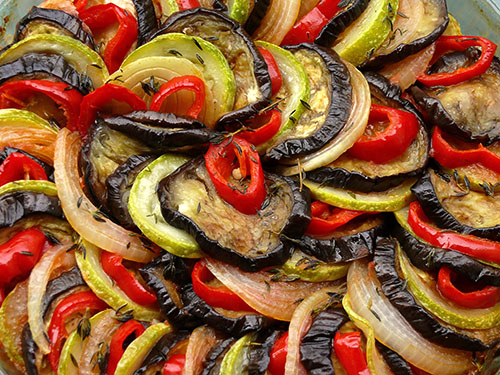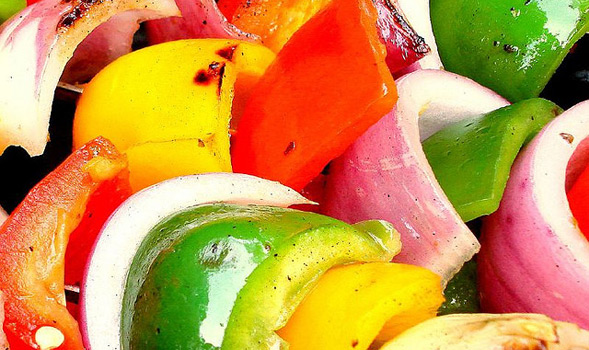
Coping with a sensitive stomach is something that has reams of literature written on it; which is fitting, since researchers and pharmacists have invested time and effort for many decades in order to come up with a comprehensive way of beating distress in the gut. This has resulted in an abundance of remedies in the market, both medicinal and non-medicinal, which we can turn to whenever the problem gets too severe and spirals out of our control.
However, there are yet other remedies that are completely natural and need no medication or alien substances, which always pose the threat of having adverse effects on the body. Since we are speaking of the digestive system, it comes as no surprise that the most effective way of dealing with the problem is by adjusting our diet by including certain natural foods, which will go a long way in giving us a good sensitive stomach diet.
- Drinking green tea is a well known natural remedy to deal with an upset stomach and is as such known for its various antioxidants, polyphenols and other micronutrients that help soothe various areas of the body, including the digestive system. The properties of chamomile, hibiscus and other varieties of herbal tea also aid in digestion, which further aids in easing digestive woes.
- There are certain vegetables that contain short chain carbohydrates, such as broccoli, cauliflower and cabbage, which would need to be cooked thoroughly before eating them as part of a sensitive stomach diet plan. Thus, when preparing salads, stick to other vegetables such as carrots, zucchini, cucumbers and celery.
- Replacing cereals that contain gluten with others is another natural remedy for a sensitive stomach, since gluten is one of the most irritants of sensitive stomachs. Wheat, barley and bran are rich in gluten, and ought to be replaced with other carbohydrate sources like rice, potato, millets and corn as part of your new diet plan.
- For extremely sensitive stomachs, you could consider reducing the amount of red meat you consume and replacing it with white meats and pulses, which are easier to digest and can fulfill your protein requirements. As such, you should try to cook your meals with lesser oil and spices, since they are notorious for being stomach irritants.
Other ingredients you should try cutting down on include artificial sweeteners, salt (and salty snacks), garlic, onions, sugar and high fat dairy products, the last of which should be replaced by skim milk, low-fat yogurt and other such products.
References:
Coping With a Sensitive Stomach
Health advice: sensitive stomach
Food for Sensitive Stomach and Sensitive Stomach Diets
Coping With Diarrhea and Digestive Distress
Peptic Ulcers: Medical Treatment For A Sensitive Stomach
Shishir Rao is a web writer who writes on a variety of topics ranging from health to technology. He uses the web as his preferred tool of information dissemination owing to its reach and easy to confirm credibility.







Trackbacks/Pingbacks